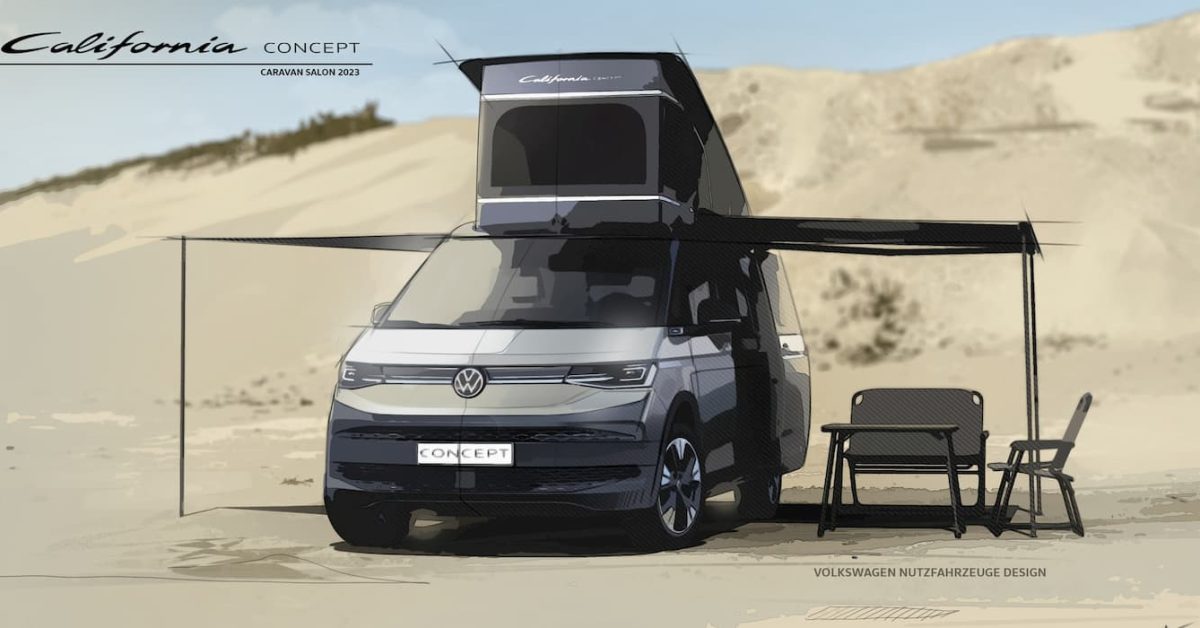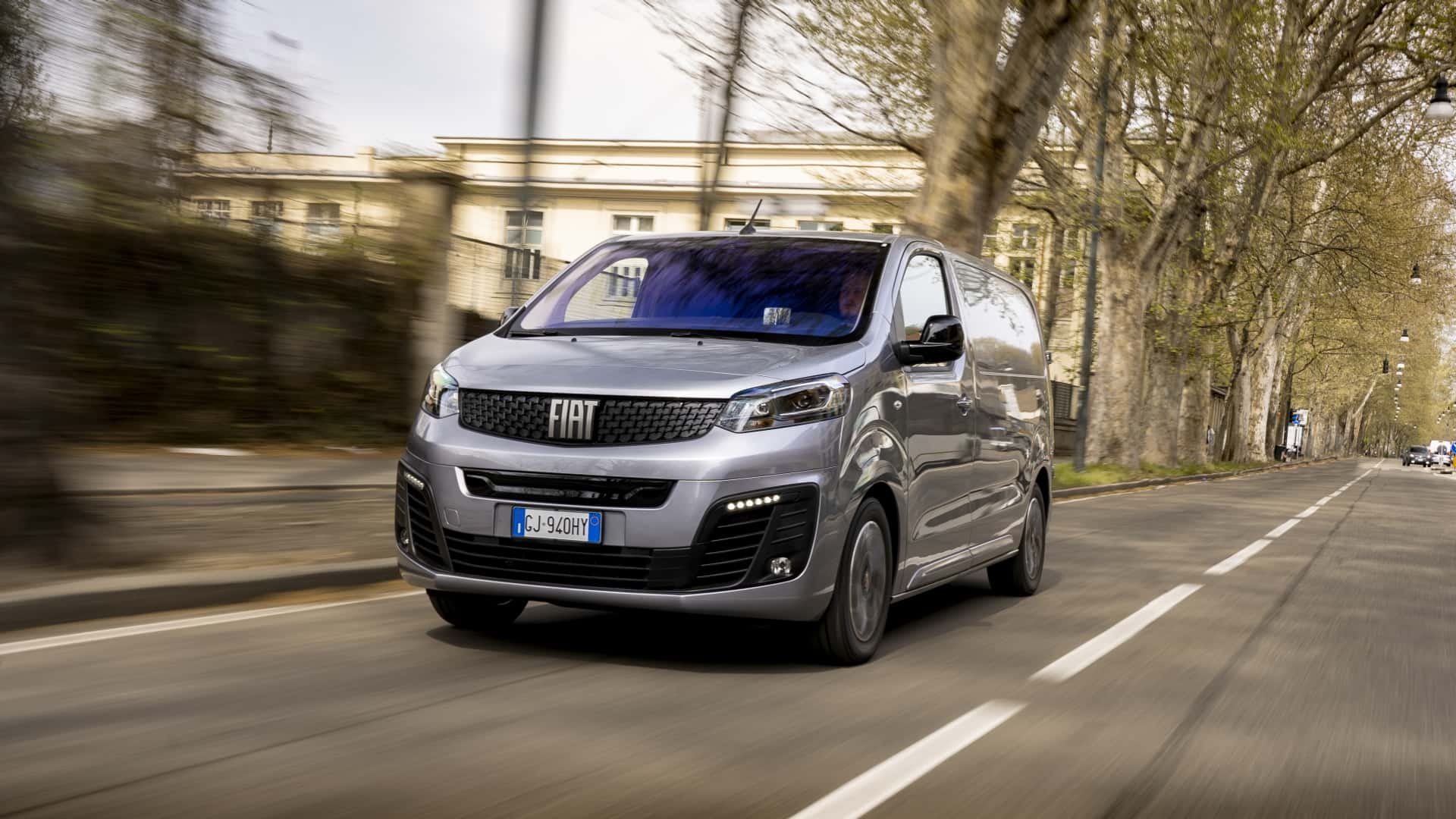Roger Boeken
calisutra
VIP Member
Europe has new rules in the make , possibly 4100 kg limit for driver licence B category because electrical vans are much heavier than diesel versions. Maybe manufacturers are waiting legalisation and therefor hesitate to make a decision on which way to go.According to several posts the ID. BUZZ will not be available (soon) as a California, because the total weight would make it illegal to drive it with a B category driving licence. So, it seems that it's then end for this project for now...

Volkswagen delays ID.Buzz California electric camper due to added weight
If you were waiting for the full-fledged electric camper version of the Volkswagen ID.Buzz, you will have to wait a...electrek.co


















